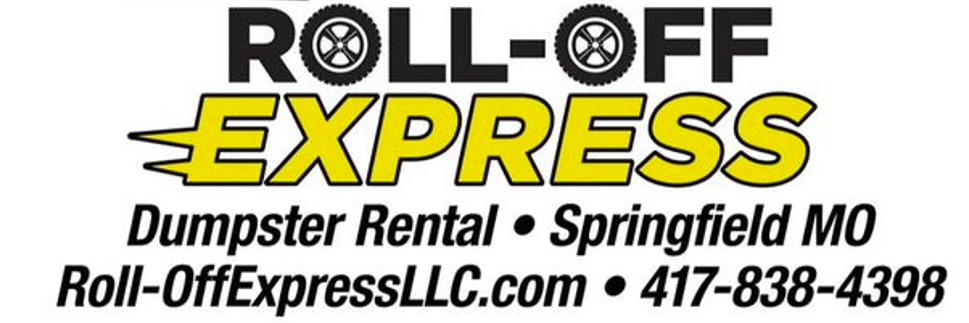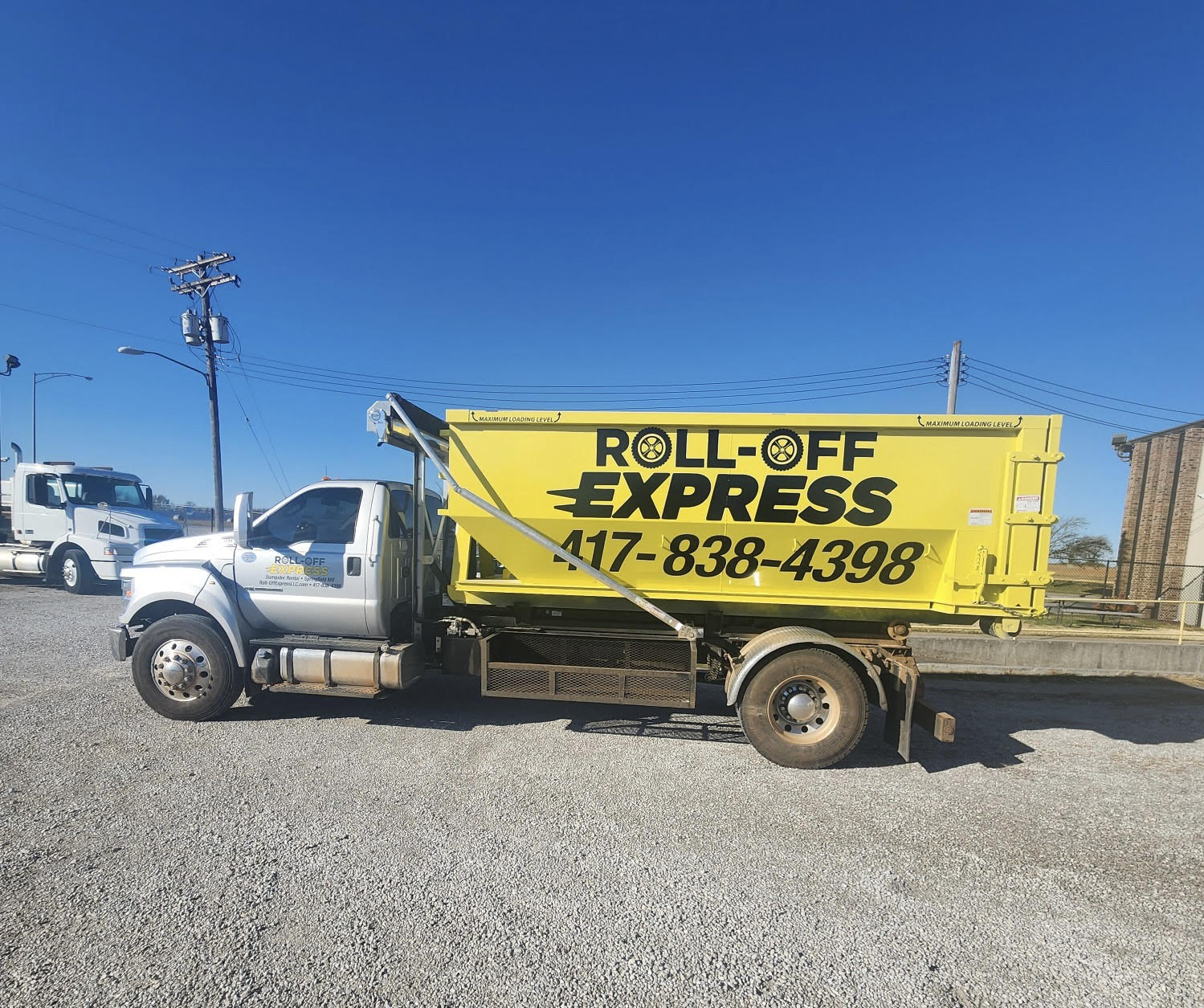You might wonder if renting a dumpster really costs as much as people say it does. The truth is, monthly rates can vary significantly based on several factors. Understanding these aspects can help you budget effectively and avoid any unexpected fees. If you want to rent a dumpster for your project, it’s essential to know what influences the cost and how you can ensure you’re getting a fair deal. Let’s explore the details that could make a difference in your rental experience.
Factors Influencing Monthly Dumpster Rental Costs
When you’re considering a monthly dumpster rental, several factors can influence the overall cost.
- Dumpster Size: the size of the dumpster plays a significant role; larger dumpsters typically cost more. You’ll also want to think about the type of waste you’re disposing of—some materials, like hazardous waste, incur higher fees.
- Rental Duration: The rental duration matters too; longer rentals can add to your overall bill.
- Location: Your location is another key factor; prices may vary based on your area due to demand and disposal regulations.
- Local Permits: Additionally, local permits might be required, especially if you plan to place the dumpster on public property, adding to your total cost.
- Delivery or Pickup: Consider any extra services, like delivery or pickup, as these can also contribute to your final price.
Average Monthly Dumpster Rental Prices
Understanding the factors that influence monthly dumpster rental costs can help you gauge what you might expect to pay. On average, you can anticipate spending between $300 and $600 per month for a standard dumpster rental. This price generally covers a 30-day rental period, but it can vary based on your location, the type of waste you’re disposing of, and the rental company’s pricing structure.
For residential needs, you might find lower rates, while commercial projects could lead to higher costs. Seasonal demand also plays a role, with prices possibly increasing during peak times.
Additionally, if you require extra features like frequent pickups or larger containers, expect to pay more. By understanding these averages, you’ll be better prepared to budget for your dumpster rental and ensure you choose the right option for your needs.
Size Options and Their Impact on Pricing
Choosing the right dumpster size is crucial, as it directly affects your rental costs. Dumpsters come in various sizes, typically ranging from 10 to 40 cubic yards. If you underestimate your needs, you might end up paying for extra pickups or overages, which can add up quickly.
On the flip side, renting a larger dumpster than necessary can lead to wasted space and unnecessary expense.
For small cleanouts or minor renovations, a 10- or 20-yard dumpster might suffice, keeping costs lower. However, for larger projects, like home renovations or construction, a 30- or 40-yard option may be necessary, impacting your budget accordingly.
Always assess your project’s scope carefully. By selecting the right size from the beginning, you’ll not only save money but also ensure a smoother, more efficient waste disposal experience throughout your rental period.
Types of Waste and Associated Costs
While you might think all types of waste are treated equally, the truth is that different materials can significantly influence your dumpster rental costs. Knowing what you’re disposing of helps you budget effectively.
Here’s a quick breakdown of common waste types and their associated costs:
- Construction Debris: This includes materials like wood, metal, and drywall. It often costs more due to its weight and the need for specialized disposal.
- Household Junk: Old furniture, appliances, and general clutter typically fall into this category. It’s generally less expensive but can add up if you’re disposing of large items.
- Hazardous Waste: Items like chemicals, batteries, or asbestos aren’t only costly to dispose of but may require special handling, significantly increasing your overall costs.
Understanding these categories helps you choose the right dumpster and avoid unexpected fees.
Geographic Location and Its Effect on Pricing
The cost of dumpster rentals can vary greatly based on where you live. In urban areas, demand tends to be higher, which can drive prices up. You might find that a monthly rental in a city like New York or San Francisco costs significantly more than in a rural area.
Additionally, local regulations and disposal fees fluctuate, impacting your overall costs. If you’re in a region with limited waste management options, you could end up paying a premium due to fewer competing services.
Seasonal factors can also play a role; for instance, if you’re renting during peak construction months, expect higher rates. To get the best deal, it’s wise to shop around and compare prices from different providers in your area.
Understanding your location’s specific market can help you budget effectively and avoid any surprises in your rental costs.
Additional Fees and Charges to Consider
When renting a dumpster, it’s crucial to be aware of potential additional fees that can inflate your overall costs. Understanding these charges can help you budget more effectively and avoid surprises.
- Weight Overages: Most dumpster rentals come with a weight limit. If you exceed this limit, you’ll pay extra per ton for the additional weight.
- Extended Rental Fees: If you keep the dumpster longer than the agreed-upon rental period, you’ll likely incur daily fees that can quickly add up.
- Dumping Fees: Some rental companies charge extra if the waste you’re disposing of isn’t accepted at their designated landfill or recycling center, leading to unexpected costs.
Tips for Finding the Best Dumpster Rental Deals
Being aware of additional fees can help you keep costs under control, but finding the best dumpster rental deals goes beyond just understanding those charges.
Here are some tips for finding the best dumpster rentals deals:
- Compare Quotes from Multiple Providers: Start by getting quotes from several dumpster rentals companies in your area. This will give you a clearer picture of market rates and help you identify the best deal. Don’t forget to ask about promotions or discounts; many companies offer seasonal deals or first-time customer discounts that can save you money.
- Choose the Right Size: Consider the size of the dumpster you really need. Renting a larger dumpster than necessary can lead to higher costs, so ensure you choose wisely. Roll-off dumpsters come in various sizes, making them versatile for different projects.
- Timing and Scheduling: Timing can also affect pricing. If possible, schedule your rental during off-peak times when rates may be lower. This strategy can help you save money on your rent a dumpster needs.
- Read Customer Reviews: Finally, read customer reviews to gauge the reliability and service quality of the rental company. A slightly higher cost for a reputable company can save you headaches down the line

